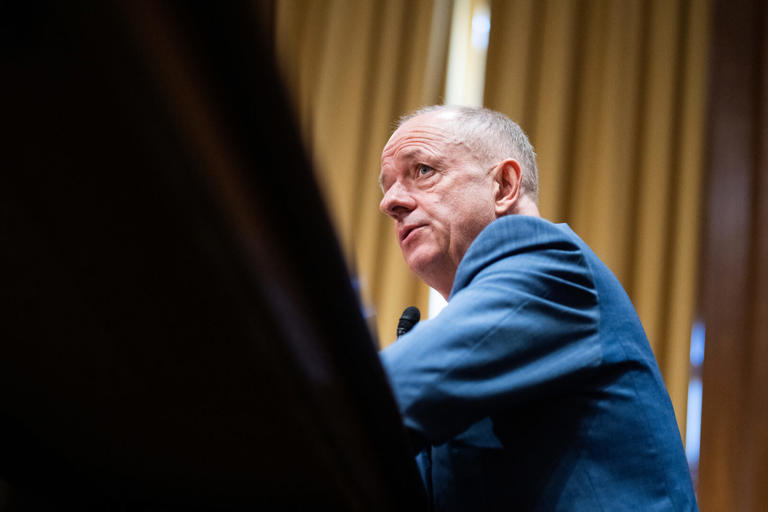The incident involving the hack at UnitedHealth Group is not just a singular event but a microcosm of the broader cybersecurity landscape facing organizations today. Andrew Witty’s admission of the company’s reliance on outdated technology underscores a pervasive issue across industries: the struggle to keep pace with rapidly evolving cybersecurity threats.
In the healthcare sector, where the stakes are particularly high due to the sensitive nature of patient data, the consequences of such a breach are profound. Beyond the immediate disruption to operations and claims processing, there’s the alarming prospect of personal health information falling into the wrong hands, potentially compromising the privacy and well-being of millions of individuals.
The decision to pay the ransom, albeit a contentious one, highlights the difficult moral and practical choices that companies must navigate in the face of a cyber attack. While it may temporarily alleviate the immediate impact of the breach, it also raises concerns about incentivizing future attacks and the efficacy of such a response in the long term.
The scrutiny from lawmakers, such as Finance Chair Ron Wyden, reflects a growing awareness of the systemic risks posed by cyber threats and the need for stronger regulatory frameworks to protect consumer data. Calls for federal regulations and minimum cybersecurity standards signal a recognition of the inadequacy of current measures and a determination to address vulnerabilities in critical sectors like healthcare.
The discussion around UnitedHealth Group’s business practices extends beyond cybersecurity to broader questions about corporate consolidation and its impact on the healthcare landscape. Concerns about vertical integration and the influence of large healthcare conglomerates on patient care highlight ongoing debates about the balance between efficiency, profitability, and the delivery of quality healthcare services.
Furthermore, the scrutiny of practices like prior authorization underscores the need for continual evaluation of industry norms and their impact on patient outcomes. As healthcare delivery models evolve, there’s an increasing emphasis on ensuring that administrative processes support, rather than hinder, the provision of timely and effective care to patients.
Overall, the UnitedHealth Group hack serves as a stark reminder of the persistent and evolving nature of cybersecurity threats and the imperative for organizations to adopt proactive measures to safeguard sensitive data and maintain the trust of consumers, regulators, and stakeholders alike. It also underscores the broader challenges facing the healthcare industry as it grapples with issues of data security, corporate governance, and the delivery of quality care in an increasingly interconnected and digitized world.
